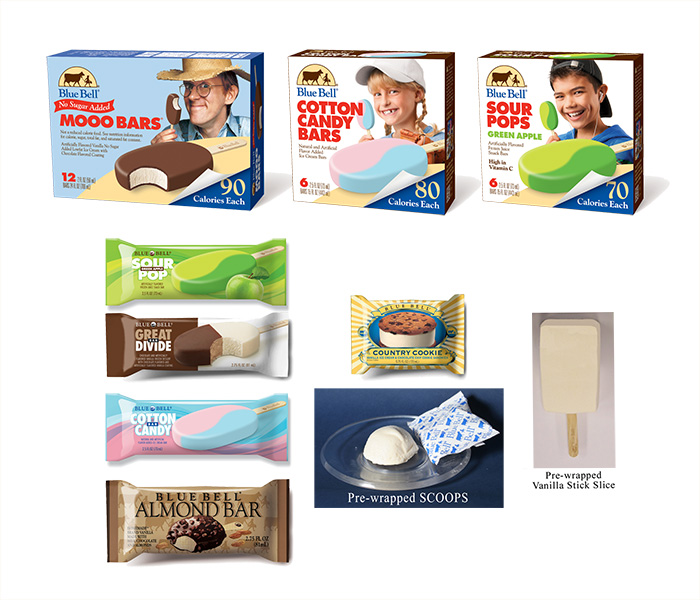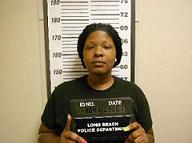
 DALLAS (AP) — Two other large retailers have decided to pull Blue Bell Ice Cream from their shelves as a precautionary measure after the company announced it was temporarily closing an Oklahoma.
DALLAS (AP) — Two other large retailers have decided to pull Blue Bell Ice Cream from their shelves as a precautionary measure after the company announced it was temporarily closing an Oklahoma.
Sam’s Club and Kroger have joined H-E-B in halting sales of Blue Bell products. The dairy company based in Brenham, Texas, last month issued a recall after ice cream contaminated with listeriosis was linked to three deaths at a Kansas hospital.
The foodborne illness was tracked to a production line in Brenham and later to a second line in Broken Arrow, Oklahoma. Blue Bell announced Friday that it had stopped all production at the Broken Arrow plant.
The FDA says listeria bacteria were found in samples of Blue Bell Chocolate Chip Country Cookies, Great Divide Bars, Sour Pop Green Apple Bars, Cotton Candy Bars, Scoops, Vanilla Stick Slices, Almond Bars and No Sugar Added Moo Bars.
Blue Bell says its regular Moo Bars were untainted, as were its half gallons, quarts, pints, cups, three-gallon ice cream and take-home frozen snack novelties.
Company spokesman Gene Grabowski confirmed Monday that the number of large retailers pulling the ice cream has grown.
Listeriosis is a life-threatening infection caused by eating food contaminated with bacteria called Listeria monocytogenes, the CDC said. The disease primarily affects pregnant women and their newborns, older adults, and people with immune systems weakened by cancer, cancer treatments, or other serious conditions (like diabetes, kidney failure, liver disease, and HIV). Rarely, people without these risk factors are affected.
A person with listeriosis usually has fever and muscle aches, sometimes preceded by diarrhea or other gastrointestinal symptoms. Almost everyone who is diagnosed with listeriosis has invasive infection, meaning the bacteria spread from their intestines to the blood, causing bloodstream infection, or to the central nervous system, causing meningitis. Although people can sometimes develop listeriosis up to 2 months after eating contaminated food, symptoms usually start within several days. Listeriosis is treated with antibiotics, the CDC said.



